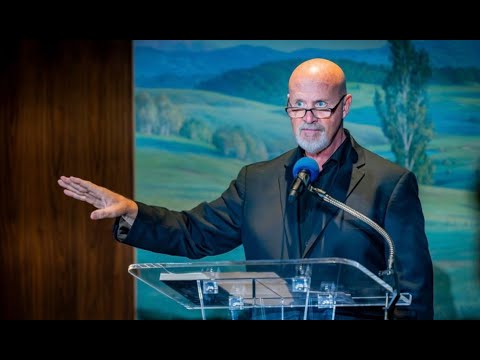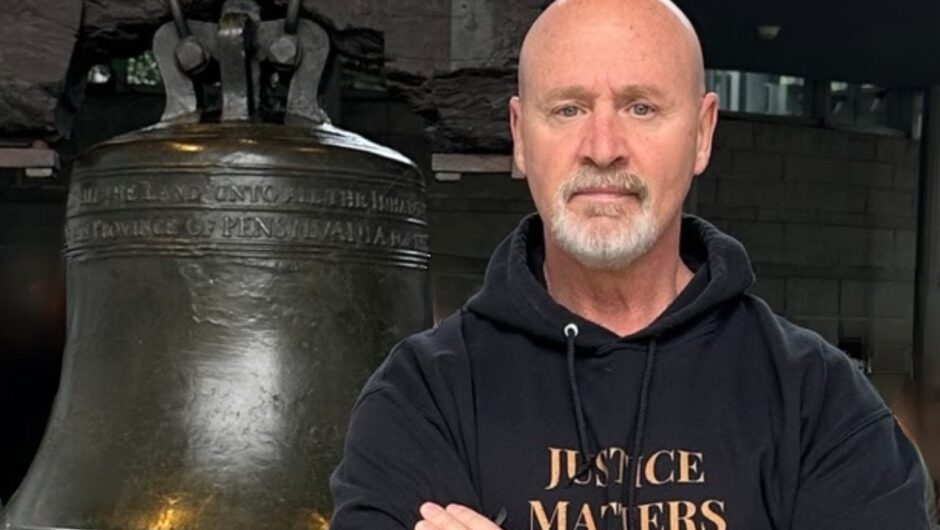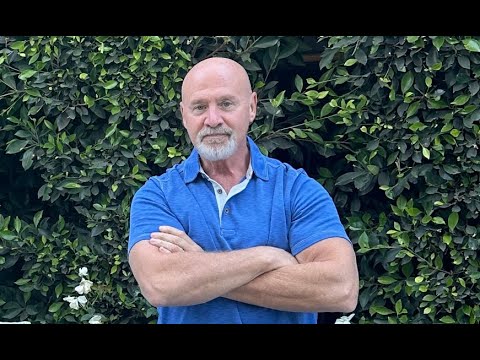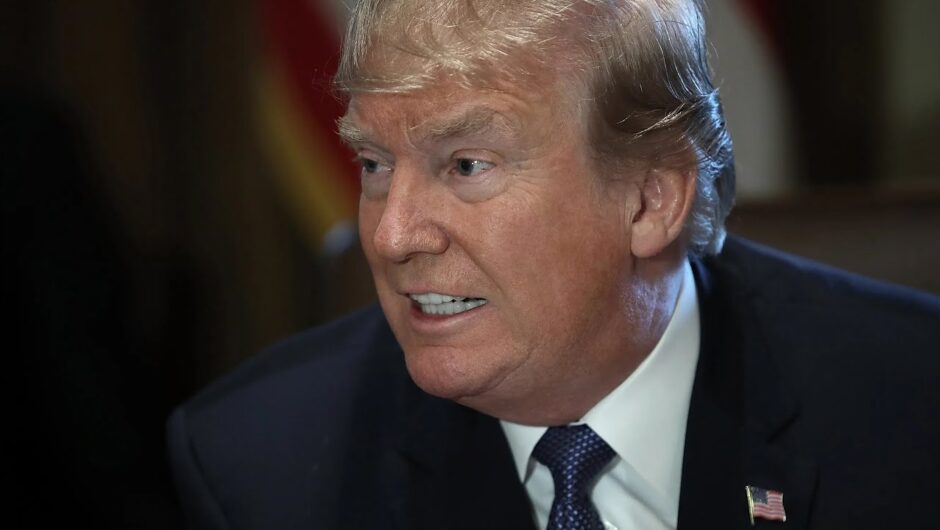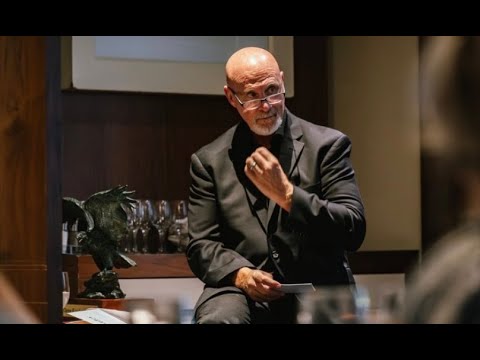One of the International Olympic Committee’s (IOC) most senior officials says the Tokyo Olympic Games will go ahead even if athletes cannot be vaccinated beforehand.
Key points:
- The IOC says vaccinations will not be mandatory for athletes and officials in order for them to take part in the Games
- Lucia Montanarella says the COVID-19 vaccine “doesn’t come into play in any of our planning”
- The Tokyo Olympics are scheduled to begin on July 23
IOC’s head of media operations Lucia Montanarella is heavily involved in planning all the operational aspects of the Games with her counterparts from the Tokyo Organising Committee.
She briefed around 280 journalists from the International Sports Press Association (AIPS) on Wednesday morning (AEDT) and was asked whether strict reporting conditions at the Games would be relaxed if athletes, journalists and officials had been vaccinated beforehand.
“The reality is that we made a decision with Tokyo 2020 that we will go ahead and plan these Games without taking into consideration the vaccine and this is what we are doing,” Ms Montanarella said.
“At this moment the vaccine doesn’t come into play in any of our planning and that’s the way we are going ahead.
“We would need another crystal ball to tell you something different but for the moment this is what we are doing — we are not considering the vaccine at all.”
Loading
Tokyo’s contingency plans are referred to as ‘Project Crystal’ because — according to Ms Montanarella — when the Games were postponed last March the IOC “needed a crystal ball to try and understand how the world will be in 15 months time”.
With under six months to go the situation is still no clearer.
“One thing I want to tell you is that from the 24th of March [2020], the day of postponement, within the IOC there has never been a moment that we’ve been looking at the Tokyo Games as if it will happen, it’s always been how we will make it happen,” Ms Montanarella said.
Japan has not yet approved a vaccine inside the host nation, although plans are being drawn up to roll out a vaccination program once the go-ahead is given.
There is no confirmation that all 206 nations expected to send a team to Tokyo will have access to a vaccine and those that have are unlikely to add Olympic athletes to prioritised groups such as the elderly and health care workers.
There has been widespread condemnation any time it has been suggested.
Vaccination not ‘obligatory’ for athletes
Mr Bach has encouraged all member nations to engage with their own government authorities in the next few weeks to determine the likelihood of vaccinations for athletes and officials but it would not be mandatory in order to take part in the Games, which begin on July 23.
“Vaccination priority should be given to vulnerable groups, nurses, medical doctors and everyone who is keeping our societies safe,” Mr Bach said.
“We encourage all the Olympic and Paralympic participants who are offered vaccination to accept it, also as an act of solidarity with the Japanese hosts and their fellow participants.”
But Mr Bach added: “Vaccination will not be obligatory.”
Federal Sport Minister Richard Colbeck said the Government would speak with the Australian Olympic Committee about the vaccine rollout, but vulnerable groups would be given priority ahead of athletes.
“The rollout of the national COVID-19 vaccine roadmap is an important measure to protect lives and livelihoods,” he said in a statement.
“The roadmap prioritises vulnerable groups including older Australians, frontline workers and those with underlying medical conditions. Other segments of Australia’s population will be able to access the vaccine following these vulnerable groups.
“The Government will be consulting with the representatives of the Australian Olympic Committee and national sports bodies on the rollout of the vaccine over coming months and understand their needs in the lead-up to the Olympics.”
According to the IOC, a ‘tool box’ of other COVID-19 countermeasures has been developed, including immigration procedures, quarantine measures, testing, personal protective equipment and contact tracing, as well as vaccination where possible.
The IOC and Tokyo organisers have been watching closely as other events have been staged around the world with the use of COVID-19 bubbles, reduced crowds and limited media access.
Ms Montanarella said there were some good lessons that have been learned but the operational nature of the Olympic Games was a much bigger challenge than any one single sporting event.
“While we are doing everything we can to have the widest media coverage we can at this Games, there will be some restrictions and some of them will be frustrating and there will be days when maybe people will not be able to go where they want,” she said.
“The only thing I can say is that Tokyo 2020 and IOC media operations are really trying to do our best to allow for the widest number of people, the widest number of accreditations but … be prepared, it’s going to be challenging.
“I don’t want it to be a negative message, I want it to be a message conveying that despite all of our work it is not easy to deliver a safe environment if we don’t stick with the numbers we have.”
The IOC’s executive board will meet on Wednesday (AEDT), after which Mr Bach will provide an update.
The Tokyo Olympic Games will be unlike any held previously, with the exception of the early editions in 1896 and 1900, with limited competitors, few spectators and reduced media coverage.


